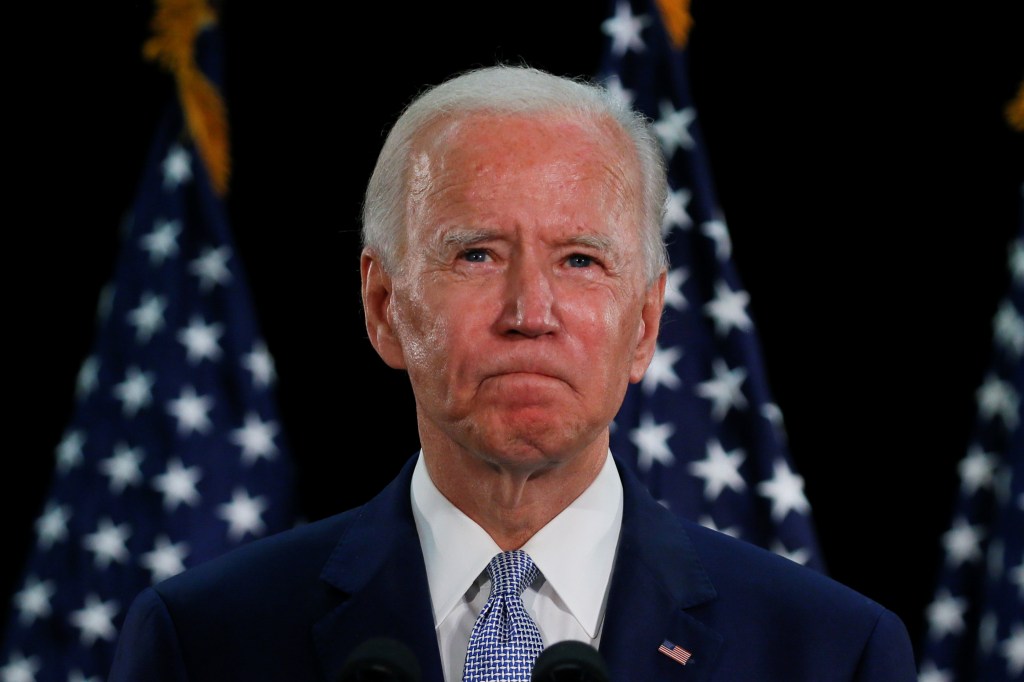Iconoclast: Are We the Baddies?
Anti-Trumpers, notes The New York Times’ David Brooks, see themselves as the “the forces of progress and enlightenment” while the “Trumpers are reactionary bigots.” But what if elite anti-Trumpers are “the bad guys?” We “are always publicly speaking out for the marginalized, but somehow we always end up building systems that serve ourselves.” “Armed with all kinds of economic, cultural and political power, we support policies that help ourselves” like free trade and open immigration. We use “words like problematic, cisgender, Latinx and intersectional” while “members of the less-educated classes have to walk on eggshells.” And we “take for granted and benefit from systems that have become oppressive.” The real question: “When will we stop behaving in ways that make Trumpism inevitable?”
Tech beat: Ottowa’s Online-News Fail
“If no news is good news,” jokes Michael Taube at The Wall Street Journal, “Canadians have cause to celebrate”: Google plans to “start blocking Canadian news links,” and “Meta is restricting users’ ability to share” them. Why? Canada’s Online News Act seeks to increase news availability by compelling “Big Tech to share revenue” with publishers, who’ve been battered by the advent of the Internet — but “blocking news is much costlier for news organizations” than for Big Tech. Australia’s wiser law avoids such problems, and brought 30 agreements between digital platforms and Australian news businesses. “Ottawa could follow Canberra’s lead by tempering the Online News Act and encouraging voluntary agreements between tech giants and news organizations.”
Libertarian: New Student-Debt Boondoggle
President Biden’s newest student-loan-relief program “will cost taxpayers billions,” fumes Reason’s Emma Camp. Under it, “borrowers only pay 5 percent of discretionary income, which is now defined as earnings above 225 percent of the poverty rate” and “only have to make 10 years of payments before forgiveness.” This “is expected to cost around $360 billion over the next decade.” It will also “make college even more expensive” by incentivizing schools “to raise their prices, extracting more funding out of the government through loans” — something they began doing decades ago as “federal student loan availability” expanded. “The Biden administration has asked taxpayers to foot the bill for past policy mistakes, accepting a future where higher education costs more than it should.”

Defense desk: Getting Real on Sea Power
The “one huge problem” with “AUKUS, the submarine-focused security pact between America, Australia and Britain,” warns Hal Brands at Bloomberg: “The US and its allies can’t produce the nuclear-powered attack submarines the pact demands.” That means “the sale of existing US submarines to Australia will further strain the American fleet,” which is “already well short of the 66 the Navy says it requires.” So Sen. Roger Wicker (R-Miss.) is blocking the deal to force “a long-delayed response to the larger crisis of American sea power” in “an act of constructive obstruction.” “It’s the right stand for Wicker to take.” “Neither AUKUS, nor the US Navy, nor the free world more broadly, will prosper unless America gets serious about sea power again.”
War watch: Putin’s Real Armageddon
For Russians bewildered by Moscow’s military setbacks in Ukraine, nuclear weapons are “a comforting reminder that they cannot ever lose,” explain Mark Toth & Jonathan Sweet at The Hill. Putin wants the West to think that he “might be crazy enough to trigger Armageddon” but knows he “cannot use his nuclear arsenal” as it “would be game over not only for the West, but for him as well.” Yet the Armageddon gambit has the Biden administration “gripped with escalation paralysis” — a fear of nuclear war as well as a “fear of who might succeed him were Ukraine to win.” Putin’s plan isn’t “nuclear Armageddon, but an ideological one.” Victory in Ukraine is “predicated upon the West caving to his doomsday threats.” But surrendering our liberty to “survive in a totalitarian-controlled world” would “be our own self-inflicted Armageddon.”
Compiled by The Post Editorial Board







